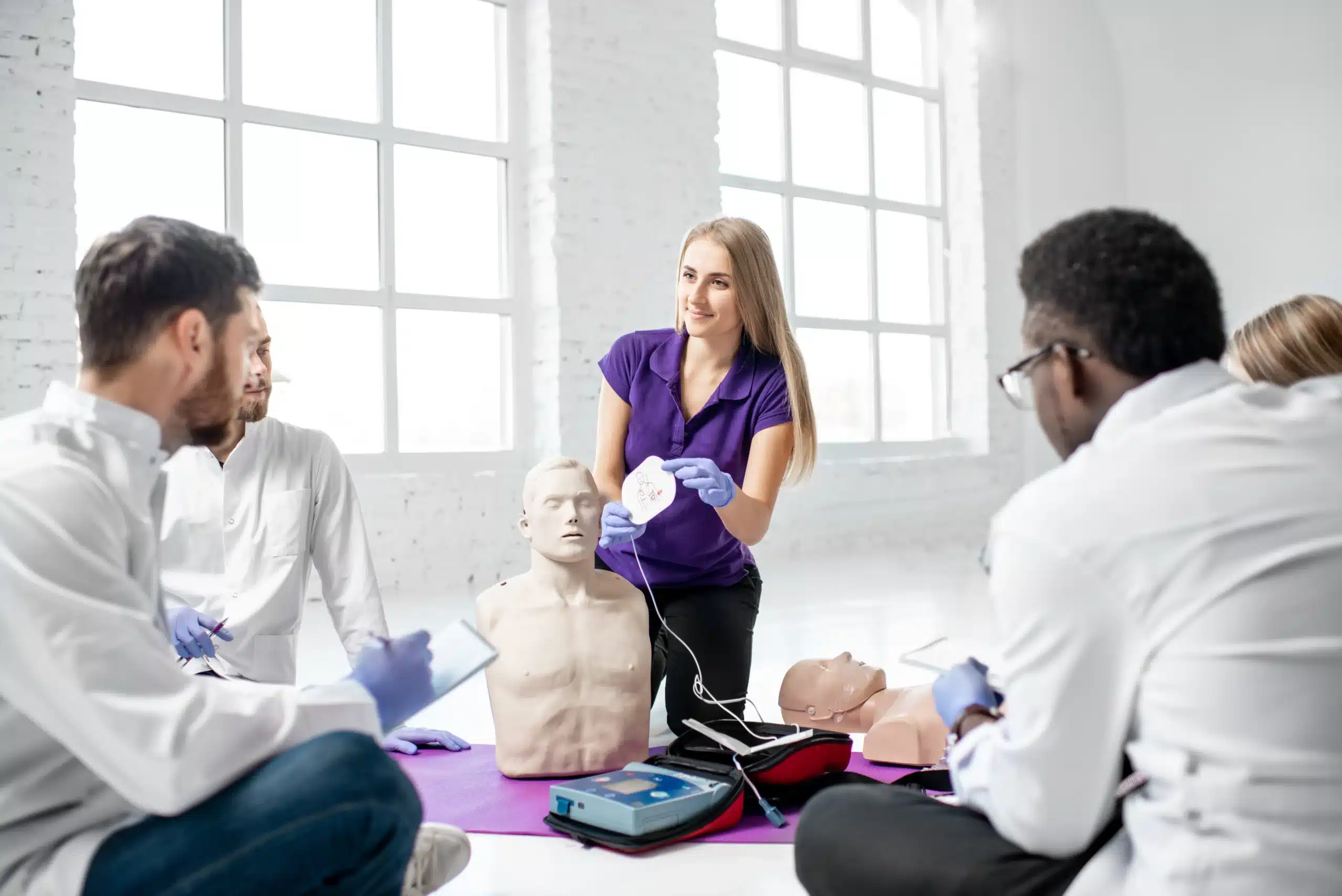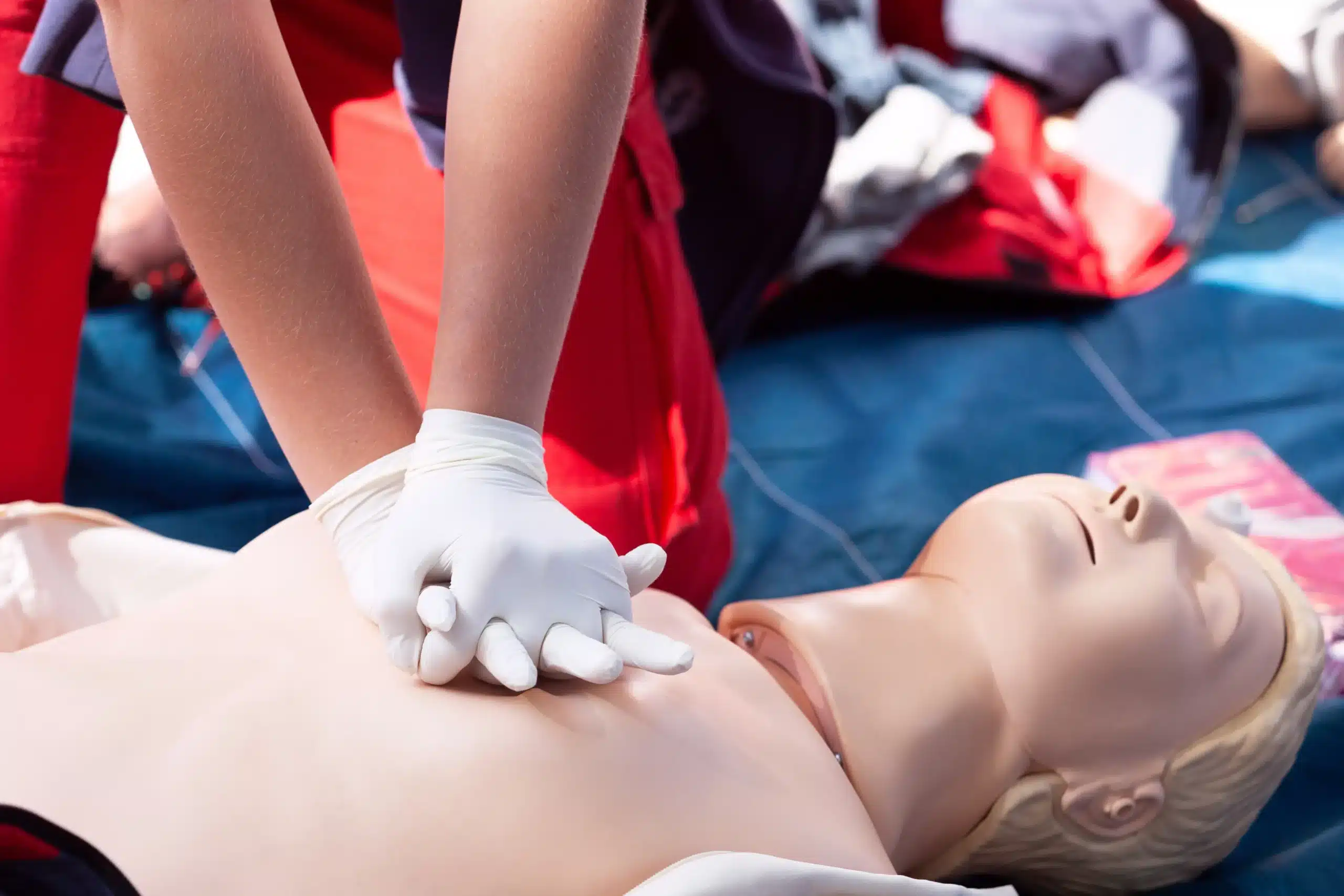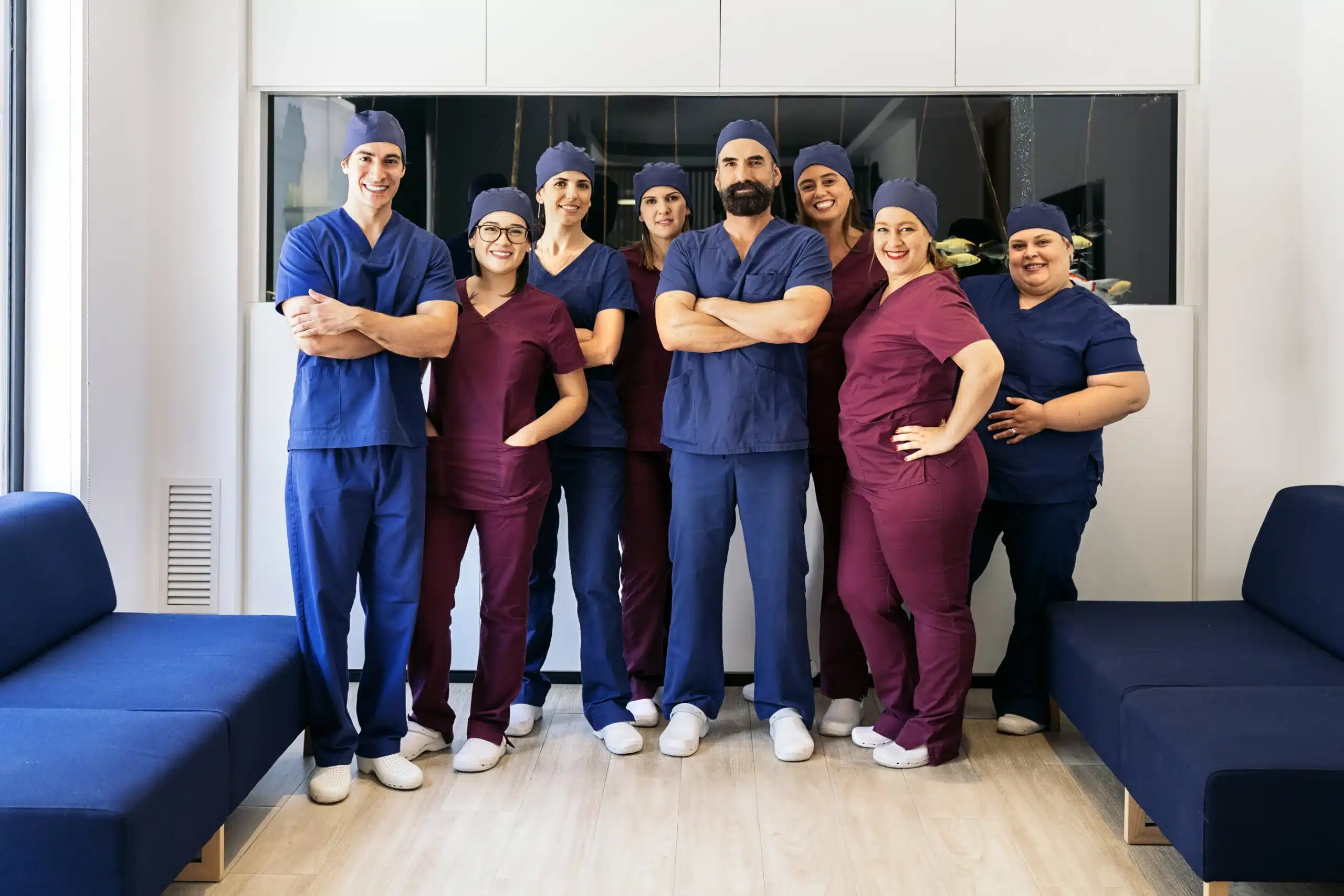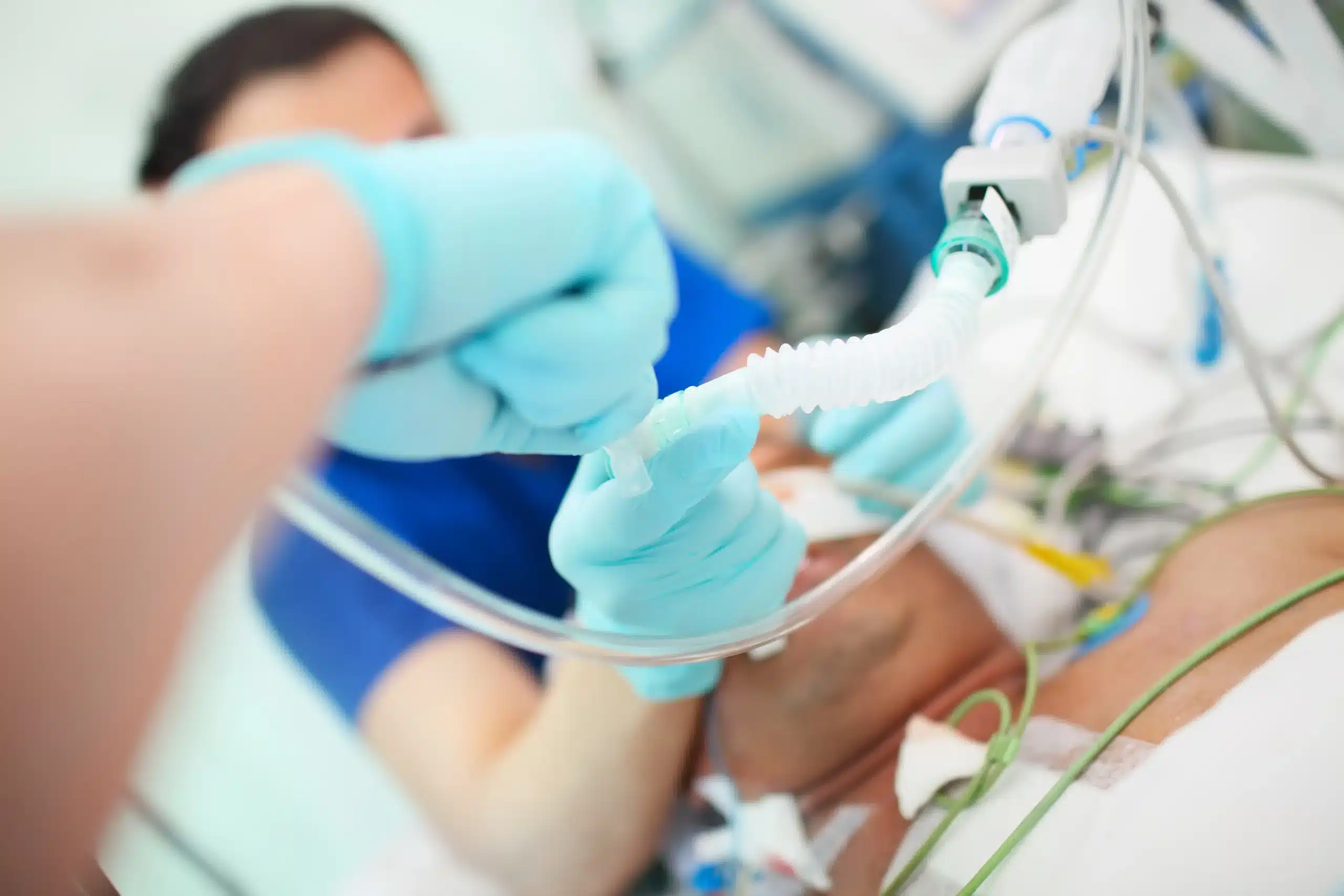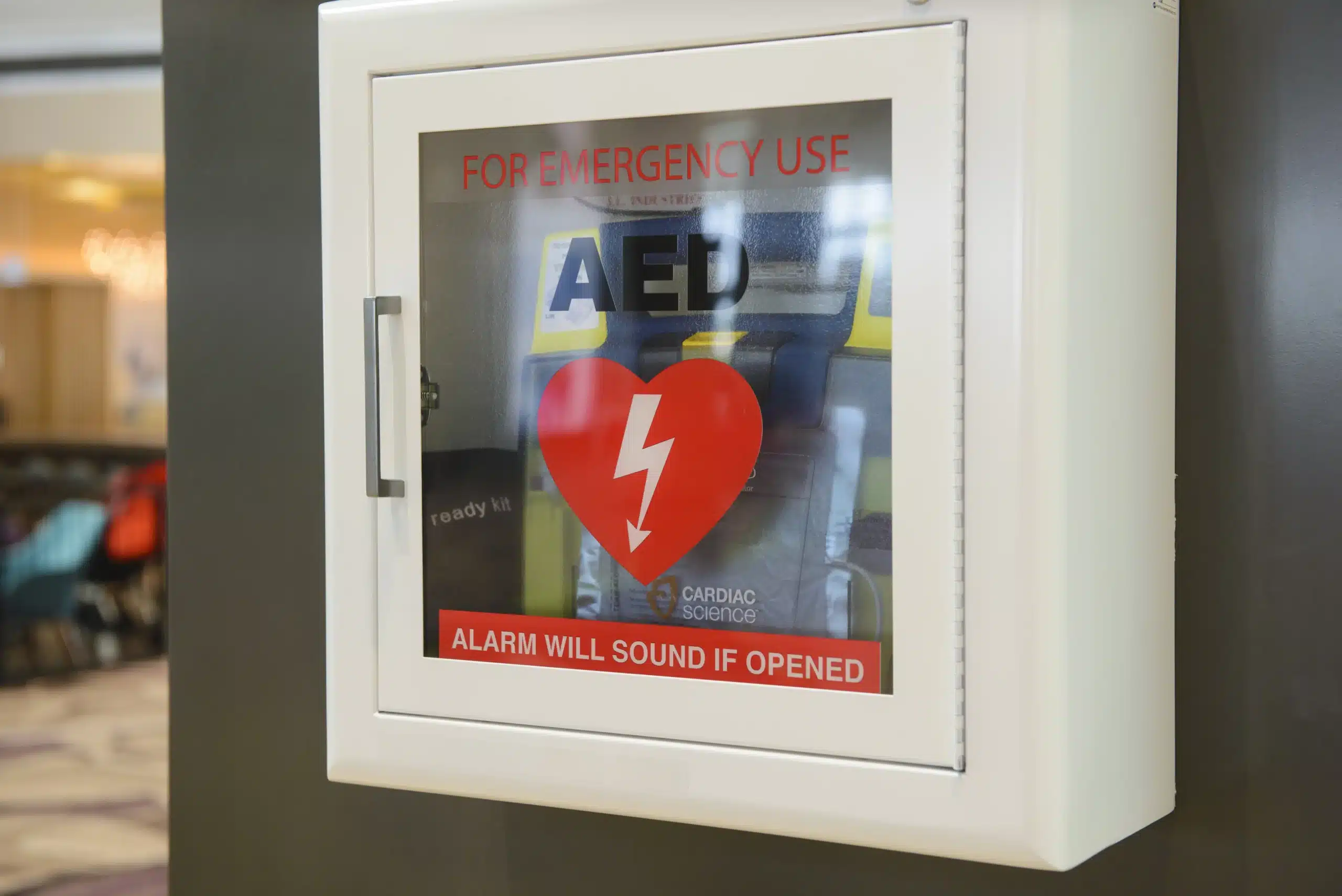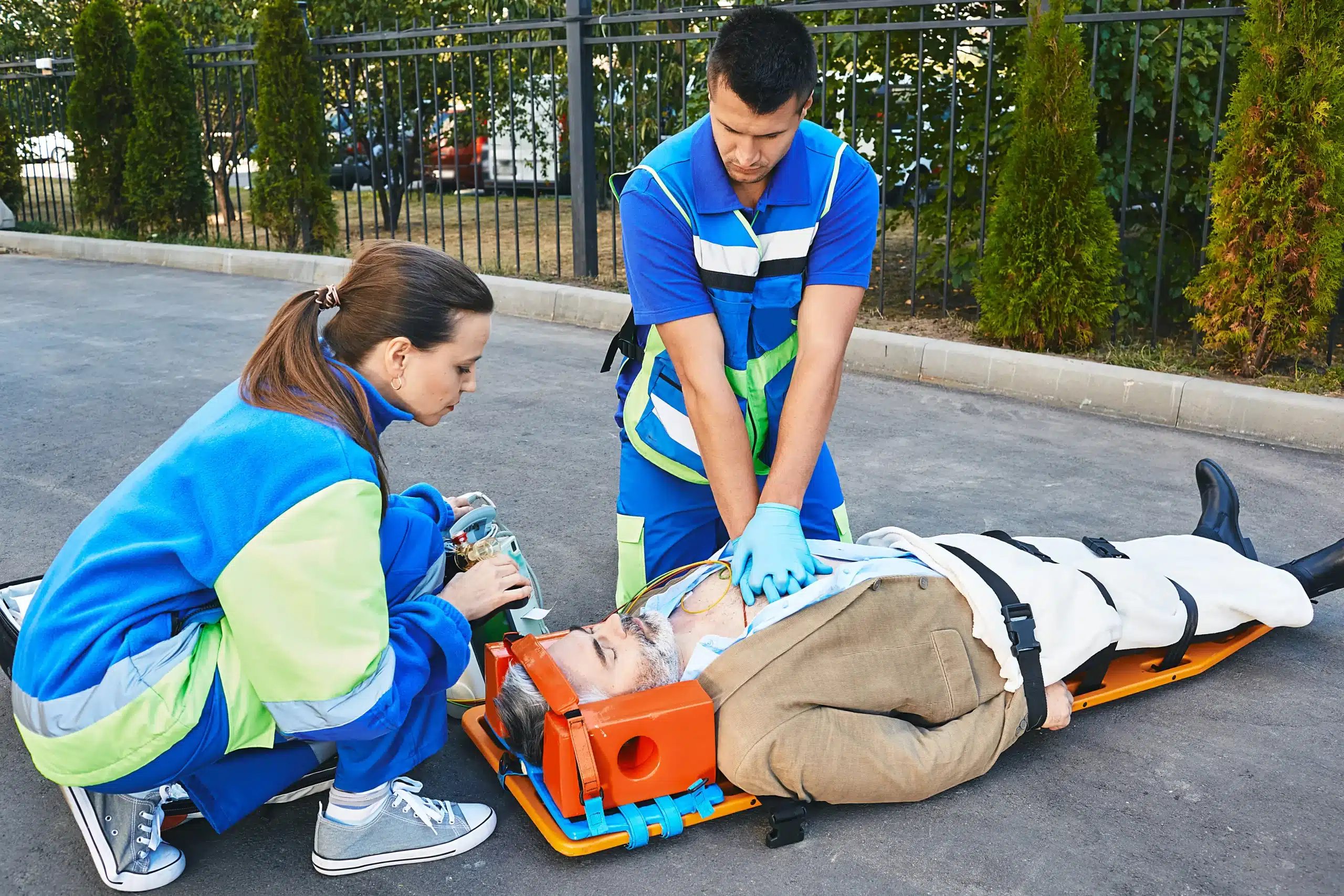Empowering yourself with life-saving skills is one of the most valuable things you can do, both for yourself and your community. CPR training in Daly City offers accessible and comprehensive courses to equip you with the knowledge and confidence to respond effectively in medical emergencies. This guide breaks down everything you need to know about CPR training, from understanding the different types of courses available to finding the right training provider in Daly City. We’ll also discuss costs, scheduling, and the long-term value of maintaining your CPR certification.
Key Takeaways
- CPR training empowers you to respond to emergencies: Learning CPR, from basic to advanced levels like ACLS and PALS, equips you with the skills to assist in medical crises and potentially save lives.
- CPR certification provides personal and professional advantages: Whether for career advancement, personal preparedness, or community safety, CPR certification is a valuable asset.
- Accessible CPR training options fit your lifestyle: With flexible schedules, diverse learning formats, and various price points, finding the right CPR course is easier than you think.
What is CPR Training?
CPR (cardiopulmonary resuscitation) is a life-saving technique used when someone’s heart stops beating. It combines chest compressions and rescue breaths to keep blood and oxygen flowing to the brain and other vital organs until professional medical help arrives. Knowing CPR can dramatically improve the odds of survival for someone experiencing cardiac arrest. CPR training equips you with the skills and confidence to act quickly and effectively in such critical situations.
BLS
Basic Life Support (BLS) certification is a fundamental course designed for healthcare providers and other professionals who need a strong foundation in CPR. It covers core skills like performing high-quality CPR, using an Automated External Defibrillator (AED), and working effectively as a team during emergencies. BLS training emphasizes the importance of quick, efficient action in life-threatening situations, ensuring healthcare professionals are prepared to respond confidently.
ACLS
Advanced Cardiac Life Support (ACLS) builds upon the fundamentals of BLS. This advanced, instructor-led course focuses on the importance of teamwork and communication during cardiac emergencies. It covers advanced interventions, including pharmacology, to equip healthcare providers with the skills to manage complex cardiac situations. ACLS certification demonstrates a higher level of proficiency in cardiac care.
PALS
Pediatric Advanced Life Support (PALS) is specifically designed for healthcare providers who work with infants and children. This specialized training focuses on assessing and treating pediatric patients in emergencies. PALS certification teaches participants how to respond effectively to life-threatening conditions in younger populations, addressing the unique needs of infants and children during medical crises.
First Aid/CPR
Combined First Aid and CPR training provides a broader range of emergency response skills. You’ll learn how to manage injuries, perform CPR, and use an AED. This comprehensive training is valuable for anyone who wants to be prepared for emergencies, giving individuals the knowledge and confidence to provide immediate assistance. From minor cuts and burns to life-threatening cardiac events, this combined training prepares you to respond effectively.
Find CPR Training in Daly City
Finding the right CPR class can feel overwhelming, but several excellent options are available in Daly City. Whether you’re a healthcare professional needing recertification or a concerned citizen wanting to learn lifesaving skills, you’ll find a course that fits your needs.
Safety Training Seminars
Safety Training Seminars offers a comprehensive range of American Heart Association (AHA) certified courses, including BLS, ACLS, PALS, and CPR/First Aid. Known for their flexible scheduling, low-price guarantee, and excellent customer service, they make getting certified convenient and affordable. Their RQI program is a great option for healthcare providers seeking a fast and efficient way to renew their certifications. They serve Daly City, along with nearby San Mateo and Millbrae.
Positive Heart CPR
With a perfect 5-star rating on Yelp based on numerous reviews, Positive Heart CPR has built a strong reputation for quality instruction. Located at 135 School St, they offer a variety of courses, including BLS, ACLS, and PALS. They also provide ECG/Pharmacology training, making them a one-stop shop for many healthcare professionals’ certification needs.
Daly City CPR Classes
Daly City CPR Classes offers a range of CPR and first aid courses designed for various audiences, from healthcare providers to the general public and families. Their two-year certification, with a straightforward renewal process, ensures your skills stay current. This flexibility makes it easy to find a course that aligns with your specific requirements and schedule.
American Red Cross
The American Red Cross is a trusted name in first aid and CPR training, offering programs for everyone from community members to professional rescuers. Their courses equip participants with the essential skills to respond confidently in emergencies. Check their website for class schedules and locations in Daly City.
Daly City Fire Department
While the Daly City Fire Department may offer community CPR training programs, it’s best to contact them directly for the most up-to-date information on their course offerings and schedules. Many local fire departments provide valuable resources for community safety education, so reaching out is always a good idea.
CPR Training Costs & Value
Knowing the price of CPR training and understanding its potential value can help you make informed decisions about your investment in this life-saving skill. Let’s break down the costs associated with CPR training and explore how it can pay off in the long run.
Course Prices & Expenses
CPR training costs vary depending on several factors, including the course type, location, and training provider. A basic two-hour CPR and AED course typically costs around $35 per person. If you’re an employer looking to train a group, you can often find group discounts. For example, a class for eight or more students might cost around $280 total. More advanced courses, such as BLS, ACLS, and PALS, may have different pricing structures. Contacting various providers to compare CPR class prices is always a good idea to find the best fit for your needs and budget.
Group Discounts & Promotions
Many CPR training providers offer discounts for group bookings, which can significantly reduce the per-person cost. This is a great option for businesses, community groups, or families who want to train together. Check with local providers for promotional rates and group booking options. These discounts can make CPR training more accessible and affordable, encouraging wider participation and ultimately contributing to a safer community.
Insurance & Employer Reimbursement
It’s worth checking with your health insurance provider to see if they cover CPR training costs. In some cases, they may cover a portion or all of the expenses, particularly if it’s related to your job or a specific health condition. Many employers also recognize the value of CPR-trained employees and offer reimbursement programs. This can offset the cost of training and make it easier for individuals to gain this valuable skill without financial barriers. Be sure to inquire with your employer about their policies regarding CPR training reimbursement.
Schedule Your CPR Training
Finding the right CPR class is easier than you think, especially with the flexible options available in Daly City. Let’s explore how to fit CPR training into your busy schedule.
Weekday & Weekend Classes
Juggling work, family, and other commitments? No problem. CPR training centers in Daly City understand busy schedules and offer classes throughout the week. Safety Training Seminars, for example, holds classes at 333 Gellert Blvd, Suite 215, Daly City, CA 94015, and are open daily from 8 am to 10 pm. This means you can find a class that works for you, whether it’s a weekday evening or a weekend session.
Group vs. Private Training
Deciding between group and private training depends on your specific needs. Group classes are a great way to learn alongside others and often come with a lower price. These group discounts can make training more affordable for teams or organizations. Private training, on the other hand, offers a more personalized learning experience, allowing you to focus on specific skills or areas where you need extra attention.
Online & Blended Learning
For those who prefer a more flexible approach, online and blended learning options are becoming increasingly popular. Blended learning often combines online coursework with in-person skills sessions. The Resuscitation Quality Improvement (RQI) program is a perfect example of this modern approach. It allows you to complete the cognitive portion online at your own pace, then schedule a short skills test and receive your certification card the same day. The American Heart Association also offers blended learning for certain advanced courses, combining online modules with hands-on training. This flexibility makes it easier than ever to get certified without disrupting your routine.
Your CPR Training Experience
Knowing what to expect can make you feel more comfortable heading into your CPR class. Here’s a look at the typical training experience:
Course Length & Structure
CPR training courses are designed to be comprehensive, yet manageable. The length varies depending on the specific course—CPR/First Aid, Basic Life Support (BLS), or Advanced Cardiovascular Life Support (ACLS), for example. Expect your course to last anywhere from a few hours to a full day. Courses are available seven days a week, offering scheduling flexibility to fit your busy schedule.
Hands-on Practice
Hands-on practice is a cornerstone of effective CPR training. You’ll learn the proper techniques for chest compressions, rescue breaths, and using an AED (automated external defibrillator) through demonstrations and practice sessions. The Resuscitation Quality Improvement (RQI) program offers a streamlined way to certify your skills, involving an online portion, skills test, and same-day card issuance. This blended learning approach allows you to learn the cognitive material at your own pace and focus on skills practice during the in-person session.
Certification Process
Upon successful completion of your CPR training, you’ll receive an American Heart Association (AHA) certification card. This certification is typically valid for two years. Many providers, including Safety Training Seminars, issue certificates the same day as the class, so you’ll leave with proof of your qualification in hand. Remember to keep your certification current to maintain your skills and knowledge of any updates to CPR guidelines.
Choose the Right CPR Provider
Finding the right CPR training provider is crucial for a valuable learning experience. Here’s what to consider:
Accreditation & Certification
First, ensure the provider offers certifications from nationally recognized organizations. The American Heart Association (AHA) is a gold standard, and their certifications are widely accepted. Look for providers that clearly state their AHA affiliation, like Safety Training Seminars, which emphasizes its AHA-certified courses. This ensures your credentials will be recognized wherever you go.
Instructor Qualifications
A great instructor makes all the difference. Look for experienced, certified instructors who are passionate about teaching. Reviews and testimonials can offer insights into an instructor’s style and effectiveness. Positive feedback, like the reviews for Joan V. at Positive Heart CPR, can give you confidence in the quality of instruction.
Customer Reviews
Reading past student reviews provides valuable insights. Look for providers with consistently positive reviews mentioning clear instruction, helpful feedback, and a comfortable learning environment. A high volume of positive reviews, like those for Positive Heart CPR, can be a strong indicator of a provider’s reputation and training quality. Use these reviews to help you choose the best fit.
Why Get CPR Certified?
Getting CPR certified isn’t just about checking a box; it’s about equipping yourself with a life-saving skill and opening doors to new opportunities. Whether you’re aiming for career advancement, preparing for emergencies, or contributing to a safer community, CPR certification offers valuable benefits.
Career Advancement
In many professions, CPR certification is a requirement or a significant advantage. It shows employers you’re committed to safety and prepared to handle emergencies. This is especially true for roles in healthcare, education, and emergency services. A certification from a recognized organization like the American Heart Association carries weight and demonstrates a commitment to high-quality training. Since CPR certification is valid for two years, renewing your certification shows continued learning and dedication, making you a more competitive candidate.
Emergency Preparedness
CPR is a life-saving technique used in emergencies like sudden cardiac arrest. Learning CPR equips you with the skills to respond effectively when every second counts. Knowing how to perform CPR can dramatically increase someone’s chances of survival. This knowledge can bring peace of mind, knowing you’re prepared to act in a crisis.
Community Safety
Cardiac arrests can happen anywhere. Hundreds of thousands of cardiac arrests occur outside of hospitals each year in the US alone. By becoming CPR certified, you contribute to a safer community. You’re more likely to be prepared to assist in an emergency, and your actions can significantly improve survival rates. Good Samaritan laws also offer legal protection for those who provide CPR in good faith, encouraging people to help without fear of legal repercussions.
CPR Myths Debunked
Knowing what CPR can do is just as important as knowing what it can’t. Let’s clear up some common misconceptions about this life-saving technique.
“Only Medical Professionals Need CPR”
One of the biggest myths surrounding CPR is that it’s solely for doctors and nurses. The truth is, anyone can learn CPR. In fact, bystanders are often the first on the scene of an emergency, making their knowledge of CPR absolutely critical. Richmond Training Concepts discusses this further, highlighting how empowering everyday people with CPR skills can dramatically improve outcomes during emergencies. Learning CPR means you can make a real difference while waiting for first responders to arrive. Our classes at Safety Training Seminars are designed to make learning CPR easy and accessible for everyone, regardless of their background. We offer a variety of CPR certification courses to fit your needs.
“CPR Restarts Hearts”
Movies and TV shows often portray CPR as a dramatic, heart-restarting miracle. While CPR is undeniably crucial for maintaining blood flow and oxygen to the brain, it’s not a guaranteed heart-starter. Reeves Training clarifies the realities of CPR, explaining that its primary function is to buy time until professional medical help arrives. Thinking CPR always restarts hearts can be dangerous, as it might lead to delays in calling 911. CPR keeps a person alive, giving them the best chance of survival until paramedics can provide advanced care. Learn more about our CPR training in Daly City and empower yourself with this life-saving skill.
“You Need Certification to Perform CPR”
Another misconception is that you need to be officially certified to perform CPR. While formal CPR certification provides comprehensive training and is often required for certain professions, don’t let the lack of a certificate stop you from acting in a life-or-death situation. Even basic CPR knowledge can significantly improve someone’s chances of survival. Richmond Training Concepts emphasizes the importance of dispelling this myth, encouraging everyone to learn the basics. Every second counts during a cardiac arrest, and any attempt at CPR is better than none. Contact us today to learn more about our CPR and First Aid certification courses.
Maintain Your CPR Certification
Keeping your CPR skills sharp is essential for responding effectively in emergencies. This section covers how to maintain your certification and stay up-to-date with the latest guidelines.
Renewal Requirements
CPR certifications, like those offered by the American Heart Association, are typically valid for two years. To maintain your credentials, you’ll need to renew your certification before it expires. This usually involves completing a refresher course that covers core CPR skills, any updated protocols, and best practices. Check with your certifying organization for specific renewal requirements. Safety Training Seminars offers convenient renewal courses for certifications like BLS, ACLS, and PALS.
Continuing Education
Even if your certification isn’t due for renewal, continuing education is a smart way to keep your skills fresh. Consider taking refresher courses or participating in workshops periodically. This ongoing training reinforces your knowledge and ensures you’re prepared to act confidently in a crisis. Staying informed about changes in CPR guidelines is also important. Organizations like the American Heart Association regularly update their recommendations, so check their website or consult with a certified instructor to stay current. This commitment to continuous learning not only benefits you but also strengthens your ability to provide effective assistance when needed.
Related Articles
- CPR Classes in Daly City: Your Complete Guide – San Mateo CPR Classes
- First Aid Training Courses in San Mateo: A Practical Guide – San Mateo CPR Classes
- CPR Certification in San Mateo: Your Guide – San Mateo CPR Classes
- AHA ACLS Classes in San Mateo, CA – San Mateo CPR Classes
- AHA PALS Classes in San Mateo, CA – San Mateo CPR Classes
Frequently Asked Questions
How do I choose between BLS, ACLS, and PALS?
The best course for you depends on your professional needs and goals. BLS is a good foundation for anyone in healthcare, while ACLS is geared towards managing complex cardiac emergencies. PALS focuses specifically on the care of infants and children. If you’re unsure, contact a training provider like Safety Training Seminars to discuss which course aligns with your career path.
What if I’m nervous about performing CPR in a real emergency?
It’s completely normal to feel apprehensive. CPR training emphasizes hands-on practice in a safe and supportive environment. This helps build confidence and prepares you to react calmly and effectively under pressure. Remember, any attempt at CPR is better than none, and you’re equipped with the skills to make a difference.
How can I fit CPR training into my busy schedule?
Training centers offer flexible scheduling options, including weekday and weekend classes, to accommodate various lifestyles. Online and blended learning formats, like the RQI program, provide even more flexibility, allowing you to complete the cognitive portion at your own pace and schedule a short in-person skills session.
Why should I choose Safety Training Seminars for my CPR training?
Safety Training Seminars offers AHA-certified courses, a low-price guarantee, and convenient locations in San Mateo, Daly City, and Millbrae. They’re known for their excellent customer service and flexible scheduling, making it easy to find a class that works for you. Their RQI program is a particularly efficient way for healthcare providers to renew their certifications.
What if I have more questions?
Safety Training Seminars is happy to answer any additional questions you may have. Contact them directly to discuss course options, scheduling, or any other concerns. They can provide personalized guidance to help you choose the right training program.
